China’s ‘315 Show’ tackles unethical business practices

Ms G
China’s largest media outlet, China Media Group, presents a number of national gala shows around the year, such as those on the Chinese New Year’s Eve, the Lantern Festival, and the Mid-Autumn Festival, drawing in as many as more than one billion viewers for their artistic and cultural beauty.
But there is another one that reveals only the ugly side of life and yet still arouses the strongest interest. This is the “315 show”, a two-hour prime-time programme that has been staged for 32 years since its debut in 1991.
Its single purpose is to expose all kinds of business misconduct — counterfeiting, negligence, food safety, pricing and warranties, and illegal collection of personal information. The list is shockingly long. Brands can be crushed; stock prices will plunge; stiff penalities are sure to come.
The naming and shaming leaves no one protected. There are big international brands like McDonalds’, Starbucks, Apple, Volkswagen, Hewlett-Packard, Jaguar Land Rover and Armani. Domestic businesses and SOEs are not spared either. China Telecom and China Mobile were once singled out for sending out spam messages to users.
The show made its name in 1992, just one year after its launch. In one of the cases exposed, family members of a consumer killed by a faulty water heater made a highly emotional plea, prompting administrative penalties to be slapped on the manufacturer just a few hours later.
This demonstrated the will of the authorities to take on dishonest businesses. Every year, more than a dozen government ministers and leading officials of supervisory authorities attend the event so that quick and decisive actions can be taken to address consumers’ concerns.
In an effort to be more informative and attractive, the show has been diversifying its format.
Starting from revelations of secret media investigations, it has adopted featured reports in special fields, quizzes on consumers’ rights, hotline conversations with consumers, debates, and even stand-up comedies.
The areas of focus are expanding as well. As China increases government support for the social sectors, it has been shedding more light on concerns in health care, housing, education, food security, and the rights of rural consumers.
Fraudulence brought about by a more sophisticated economy is becoming another priority. In 2006, a Tibetan-style tea for weight loss was criticised for using celebrity endorsement to exaggerate health effects.
This led to a stipulation in the nation’s food security law demanding that celebrities assume civil and even criminal liabilities if they feature in food ads that contain false claims.
In 2013, it pointed to Apple discriminating Chinese consumers by providing substandard services.
A massive outcry in China followed; Apple’s Tim Cook had to release a letter of apology.
This year, the show put a special emphasis on digital economy whereby consumers pay for online streaming services and virtual products and make purchases in influencers’ streaming sessions.
The decades-old show has become a great platform to raise consumers’ awareness and deter business misconduct. The courage it represents to face up to problems, not sweeping them under the carpet, is critical for development. Problems are a constant in life. They are not there to embarrass or make life difficult for us; they are signposts on our path to growth.

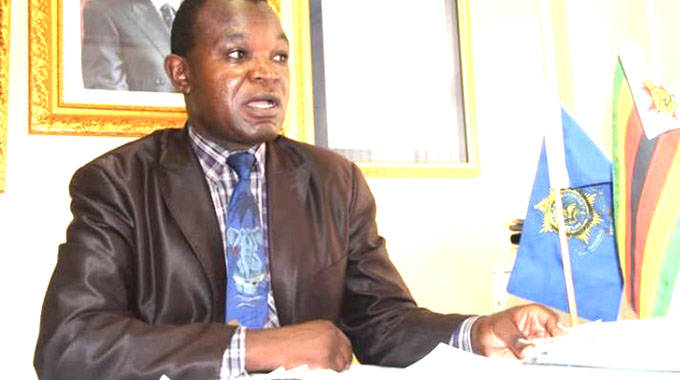
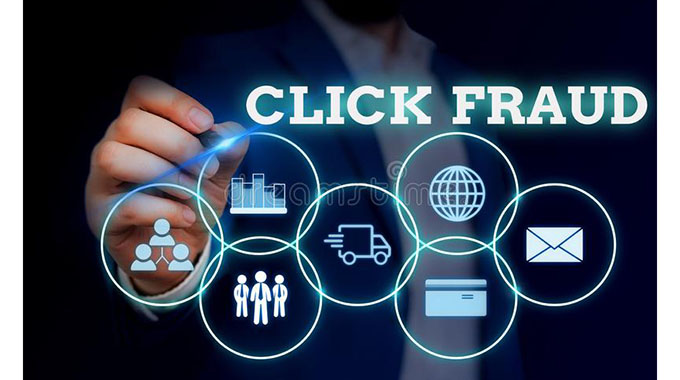
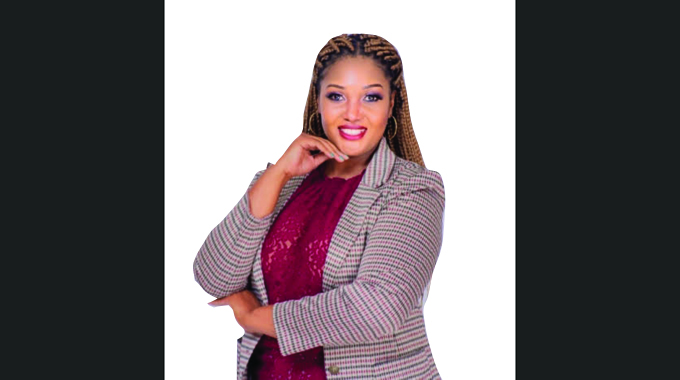
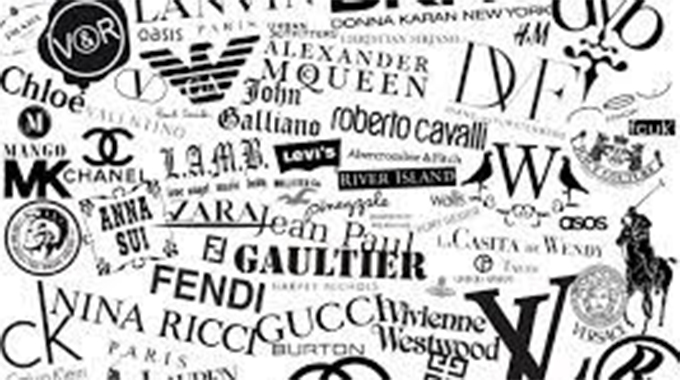
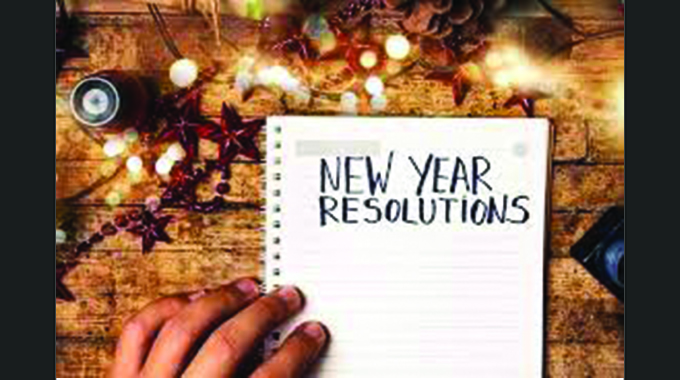

Comments